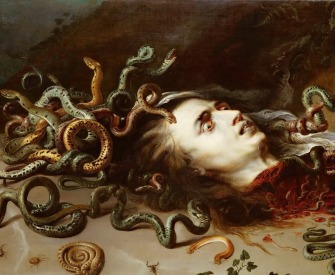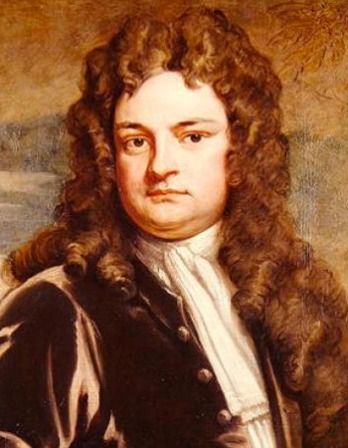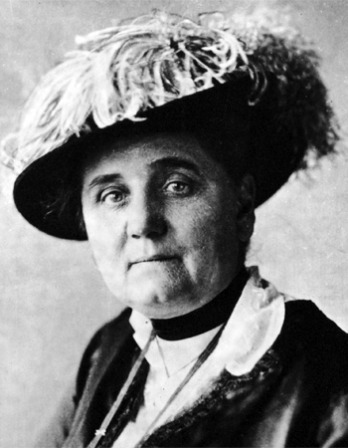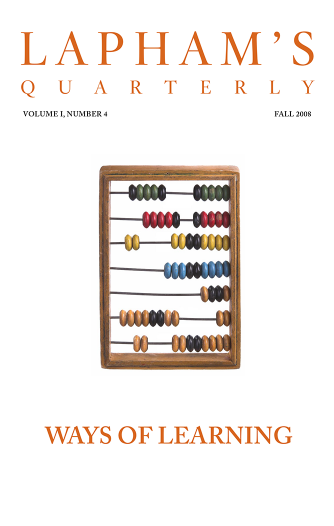Now when I was a little chap, I had a passion for maps. I would look for hours at South America, or Africa, or Australia, and lose myself in all the glories of exploration. At that time there were many blank spaces of the earth, and when I saw one that looked particularly inviting on a map (but they all look that) I would put my finger on it and say, “When I grow up I will go there.” The North Pole was one of these places, I remember. Well, I haven’t been there yet, and shall not try now. The glamor’s off. Other places were scattered about the equator, and in every sort of latitude all over the two hemispheres. I have been in some of them, and… Well, we won’t talk about that. But there was one yet—the biggest, the most blank, so to speak—that I had a hankering after.
True, by this time it was not a blank space any more. It had got filled since my boyhood with rivers and lakes and names. It had ceased to be a blank space of delightful mystery—a white patch for a boy to dream gloriously over. It had become a place of darkness. But there was in it one river especially, a mighty big river, that you could see on the map, resembling an immense snake uncoiled, with its head in the sea, its body at rest curving afar over a vast country, and its tail lost in the depths of the land. And as I looked at the map of it in a shop window, it fascinated me as a snake would a bird—a silly little bird. Then I remembered there was a big concern, a company for trade on that river. Dash it all! I thought to myself, they can’t trade without using some kind of craft on that lot of fresh water—steamboats! Why shouldn’t I try to get charge of one? I went on along Fleet Street, but could not shake off the idea. The snake had charmed me.
From Heart of Darkness. The Ukrainian-born novelist and short-story writer knew little English when at the age of twenty in 1878 he signed on as a deckhand aboard a British coal ship bound for Constantinople. He served a total of sixteen years in the Queen’s merchant navy, commanding a steamboat up the Congo River in 1890 and retiring from sea life in 1894. Conrad published his first novel, Almayer’s Folly, in 1895.
Back to Issue





